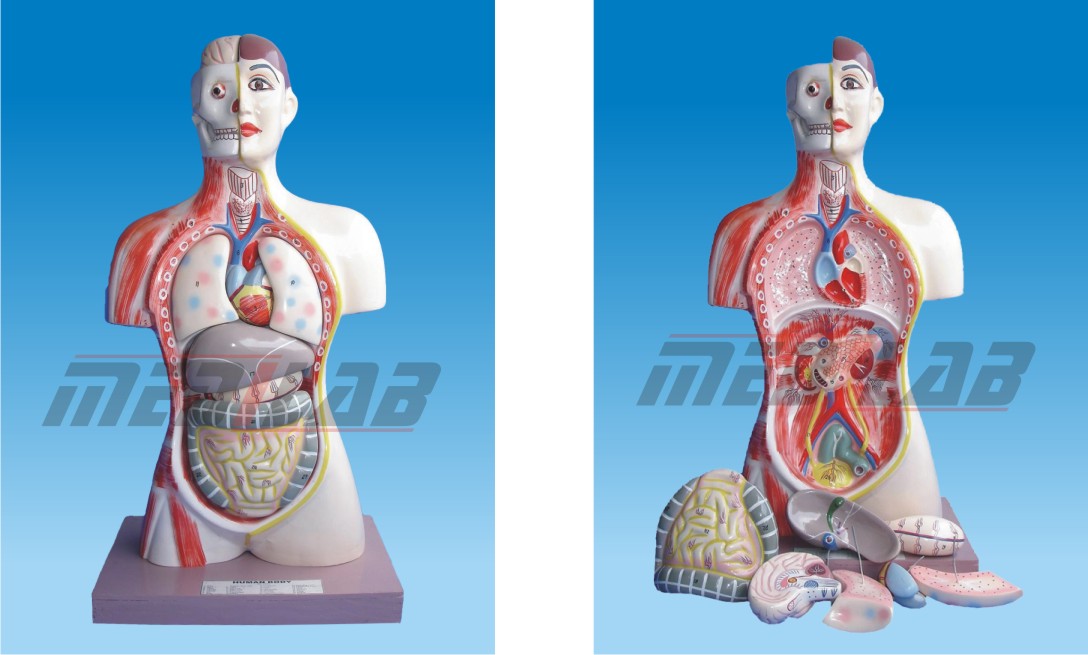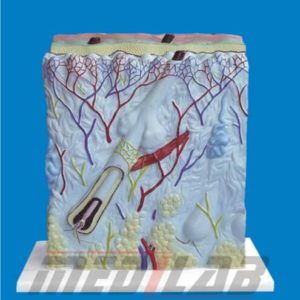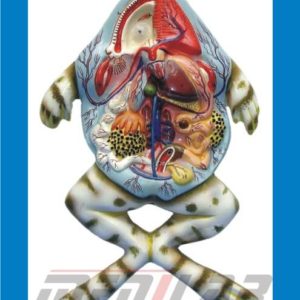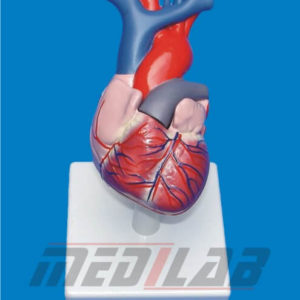Description
Human Torso Model is an essential educational tool used in schools, colleges, and medical institutions to study human anatomy. These models provide a detailed, hands-on way to understand the internal organs, systems, and their spatial relationships within the body.
Features of Educational Human Torso Models:
- Detachable Organs – Many models include removable parts like the heart, lungs, liver, stomach, intestines, kidneys, and reproductive organs for detailed study.
- Realistic Structure – Designed to closely resemble human anatomy, with accurate placement of organs and systems.
- Different Sizes – Available in various sizes (e.g., life-size, half-size, or mini models) to suit different learning environments.
- Material – Made of durable plastic or PVC for longevity and easy maintenance.
- Labeled Parts – Some models come with numbered parts and charts for easy identification.
Types of Human Torso Models:
- Basic Human Torso Model – Includes major organs and is ideal for general anatomy study.
- Advanced Medical Torso – Offers detailed anatomical features, including vascular and nervous systems.
- Gender-Specific Torso – Male and female torso models may include reproductive organs for in-depth learning.
- Transparent Torso – Allows visualization of internal structures without disassembly.
- Miniature & Desktop Models – Compact versions suitable for quick reference or classroom demonstrations.
Educational Benefits:
- Helps students and professionals visualize and understand the structure and function of human organs.
- Provides a 3D representation, which is more effective than textbooks alone.
- Useful for medical students, biology students, and healthcare professionals for practical learning.







